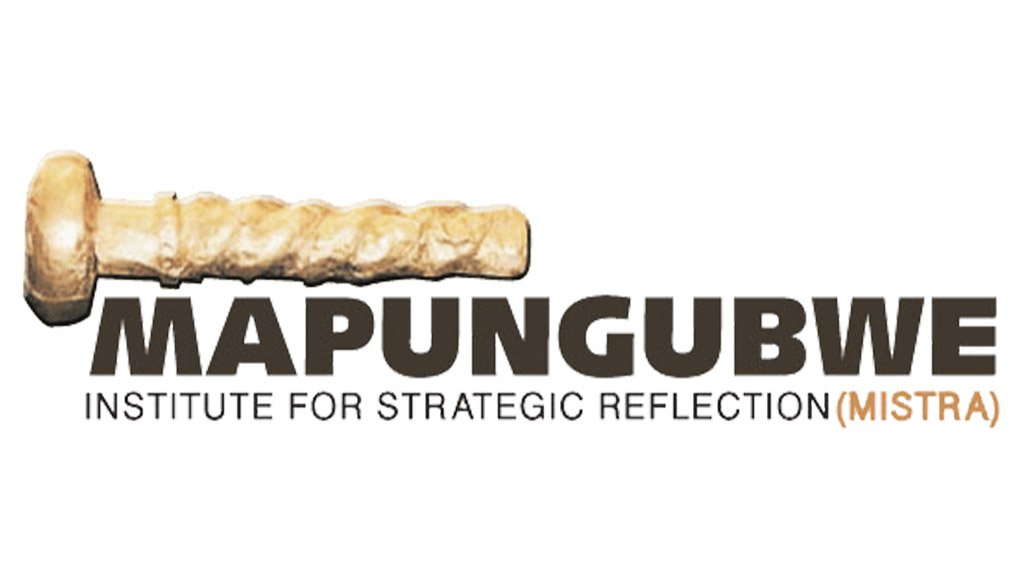The Mapungubwe Institute for Strategic Reflection (Mistra) has recommended the streamlining of mandates and the strengthening of the centre of government, to rebuild the State’s capacity, integrity and legitimacy.
Speaking at the organisation’s book launch of The State of the South African State, Mistra director of research Dr Sandy Africa said many State institutions suffered from inadequate technical capacity, weak professional cultures, high vacancy rates and poor leadership, which undermined both policy-making and execution.
The book examines the challenges and dilemmas of State institutions operating in a time of global geopolitical uncertainty, widening wealth inequality, post-Covid-19 impacts and unprecedented social, economic, environmental and technological upheaval. It also assesses the South African State’s performance in weathering these challenges, while at the same time examining its evolution since 1994.
Africa pointed to critical skills shortages relating to financial management, engineering and planning.
“Yet, alongside this erosion, there have been determined efforts by reform-minded leaders, civil servants and activists to restore the State’s capacity and capabilities. These efforts include the work of the National School of Government, partnerships with universities, talent retention strategies and a shift towards professionalism,” she said.
Mistra called for the rationalisation of overlapping departments and agencies to reduce duplication.
“Consider merging underperforming State-owned enterprises or bringing them under stronger central oversight. Improve the capacity of the Presidency to coordinate, integrate, monitor and evaluate the work of government departments and agencies,” it said.
Mistra’s research highlights that the State has made progress in expanding access to electricity, housing and social grants since 1994.
“…but over time, efficiency and effectiveness in public service delivery have steadily declined. The challenges are now the sustainability, efficiency and quality of services, rather than universal access alone,” it noted.
It also pointed to the country’s fiscal position, which it said was under strain, with a narrow tax base and growing debt limiting the State’s ability to fund reforms and provide quality services.
Mistra stated that National Treasury allocated nearly half of its budget to social spending, but the results were inadequate.
There was scope for reforms to broaden the tax base, reduce waste and ensure fiscal sustainability, it said.
Mistra strongly suggested the strengthening of technical and institutional capacity, while also institutionalising civil society engagement.
It called for "structured dialogue platforms" to strengthen mechanisms for government, business and civil society to co-design reforms, monitor progress and resolve conflicts.
Mistra also pointed to corruption and the capture of State institutions by private interests, which it said hollowed out capacity and redirected resources away from development priorities.
Africa said while there were attempts to address the causes of such corruption and to hold perpetrators accountable, there was a “long way to go” before the culture of corruption was eradicated from the State.
Mistra called for strengthened accountability systems in which the State Capture Commission recommendations were fully implemented, and said prosecutions must be followed through and lifestyle audits must become standard for senior officials.
Mistra wants government to introduce transparent, digitised procurement systems that reduce discretion and increase public oversight.
It must also provide Chapter 9 institutions with adequate funding and autonomy to perform their mandates without political interference, while promoting a culture of ethics: mainstream ethics training in the civil service and incentivise integrity through performance management, it advises.
Delivering a keynote address at the book launch, Public Service Commission chairperson Professor Somadoda Fikeni said the need for professionalisation and the combatting the erosion of public trust are essential for shaping the path forward.
Minister in the Presidency responsible for Planning, Monitoring and Evaluation Maropene Ramokgopa said too often the machinery of State had been weakened by fragmentation, policy incoherence and even capacity, emphasising the critical role of planning, monitoring, and evaluation in building the capable, accountable State envisioned by the National Development Plan.
EMAIL THIS ARTICLE SAVE THIS ARTICLE ARTICLE ENQUIRY FEEDBACK
To subscribe email subscriptions@creamermedia.co.za or click here
To advertise email advertising@creamermedia.co.za or click here











